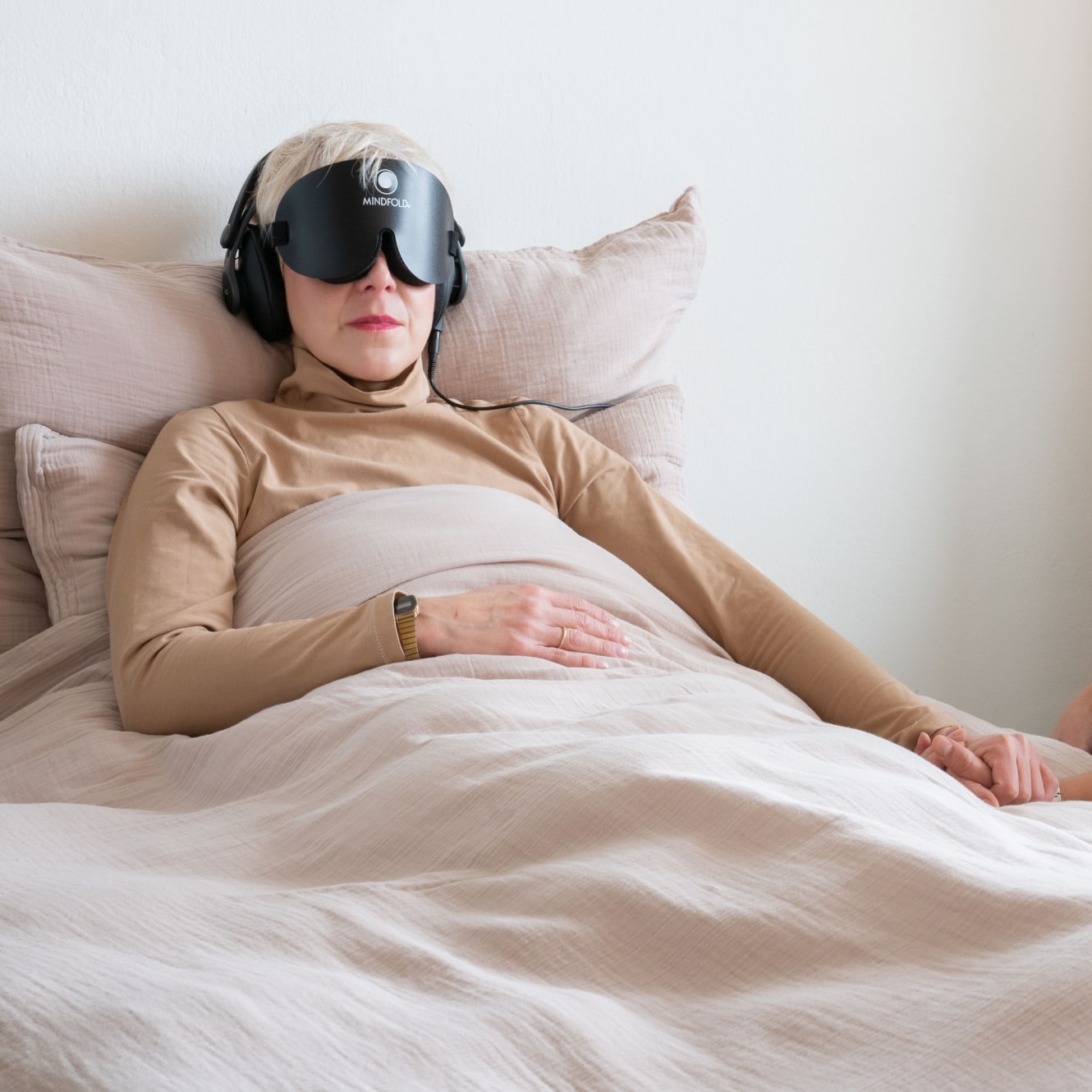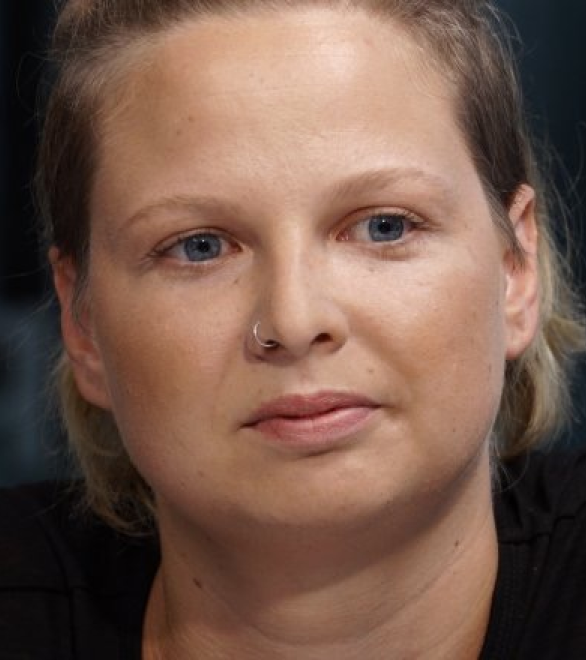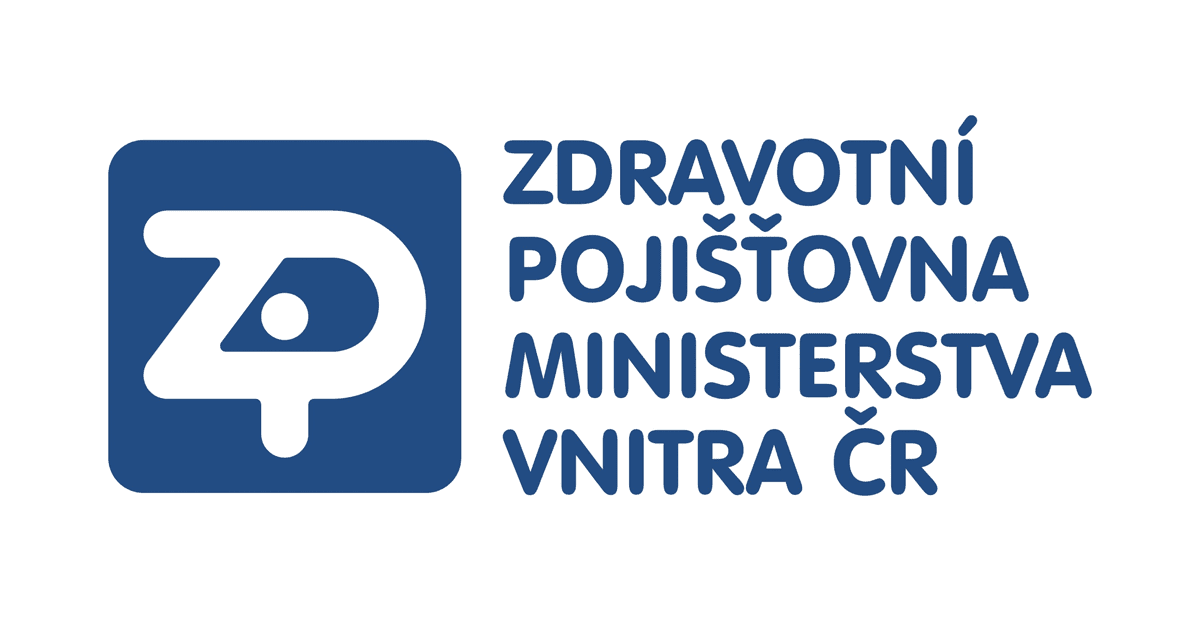
Ketamine therapy
Why do we treat with ketamine?
Confirmed safety
Ketamine is a drug commonly used in pediatric and adult anaesthesiology, in dentistry, and for pain control. Its safety for humans is confirmed.
Treatment effectiveness up to 70%
The efficacy of ketamine in the treatment of depression is documented by many scientific studies. In 30–70 % of treated patients it takes effect within one week of administration. In recent years, ketamine therapy has expanded to include other indications as well.
Rapid antidepressant effect
In up to half of the people who respond to ketamine therapy, the effect sets in on the day of administration and lasts about 3–10 days. The aim of ketamine-assisted psychotherapy is to substantially prolong the duration of this effect through psychotherapeutic work.
New hope for treatment-resistant disorders
KAT has been shown to work in people for whom previous treatments have proved to be less effective or completely without effect.
The Healing State of Expanded Consciousness
It provides insight into mental contents that are difficult to access in conventional therapy (e.g. unconscious processes, old memories, unmet needs, etc.) and assists in their processing and healing.
Wide range of treatment indications
In recent years, treatment has expanded to include indications other than depression: anxiety disorders, eating disorders, post-traumatic stress disorder and obsessive-compulsive disorder.

Pharmacological extension
of psychotherapy
Our method of working with ketamine is called ketamine-assisted psychotherapy. Ketamine-assisted psychotherapy combines the benefits of psychotherapeutic treatment with the pharmacological effects of ketamine, primarily its antidepressant and anxiolytic properties. The resulting synergy helps fully exploit the potential of ketamine and, conversely, significantly enhances the psychotherapeutic process. Ketamine-assisted psychotherapy is therefore pharmacologically assisted psychotherapy, i.e. an extension of psychotherapy. As such, it is suitable for a wide range of mental health problems.
We know from experience that even for clients who are already in long-term psychotherapy, ketamine-assisted psychotherapy can lead to significant insights and breakthroughs that they can use in their future psychotherapeutic work.


State of expanded consciousness
fosters long-term change
In contrast to conventional psychotherapy, ketamine allows the client to experience an expanded consciousness – a state of altered perception, thought and experience. According to a growing body of scientific research, this state allows insight into the dysfunctional psychological mechanisms underlying mental illness and their gradual change.
It provides insight into mental contents that are difficult to access in conventional therapy (e.g. unconscious processes, old memories, unmet needs, etc.) and assists in their processing and healing. In other words, it helps us discover who we really are.
Ketamine-assisted psychotherapy is therefore an effective means of augmenting psychotherapy and facilitating long-term change, which is something ketamine alone usually cannot provide.
Effects of ketamine-assisted psychotherapy
What does the treatment help with?
In the field of mental health, ketamine is currently used as an off-label therapy. This means that the drug may be used for indications other than its primary purpose (in the Czech Republic, this is only general anesthesia and analgesia in the case of ketamine). Such use is regulated by law and is permitted on the basis of comprehensive scientific evidence for each individual indication.
This is in line with our focus on clients who have tried other treatments for their condition in the past (e.g. psychotherapy and/or pharmacotherapy).
Depression and depressive spectrum disorders
Ketamine-assisted treatment can be effective even in cases of treatment-resistant depression.
Anxiety disorders and OCD
These include social phobia, generalized anxiety disorder (GAD), obsessive-compulsive disorder (OCD) and others.
Post-traumatic stress disorder (PTSD)
Clients suffering from PTSD can also greatly benefit from ketamine-assisted treatment.
Mental anorexia and mental bulimia
Eating disorders are also something ketamine-assisted therapy can help with.
Ketamine-assisted therapy
The psychotherapeutic framework is an essential part of the treatment process in ketamine-assisted therapy. However, since the need for psychotherapy varies widely from person to person, we offer two different approaches to treatment:
Some clients derive the greatest benefit from therapeutic processing of the ketamine experience. For them, we use an approach in which the ketamine experience is preceded and followed by multiple therapy sessions.
Some clients benefit primarily from the pharmacological effects of ketamine. In these cases, we use an approach that involves multiple ketamine sessions.
The doctor will discuss these options and the results of the examinations in detail with the client, and together they will choose the most suitable treatment.


Team of world-class professionals
We are proud that our therapists are almost the only ones in the Czech Republic and among the select few hundred people worldwide to have completed official training in psychedelic-assisted psychotherapy, mostly from abroad. Some of the most important training programs include:
clients have already
undergone treatment

I felt that a change had been set in motion. I learned to let go of things and go with the flow.

I understand the meaning of what I saw, and now I can connect it to what troubled me.
The most common concerns of our clients
You can never predict where the experience will go, so it cannot be completely controlled. What we can do, however, is build trust and create an environment where you feel safe and comfortable. And that is what the preparation sessions are for.
The strongest foundation is a sense of trust in the therapist. This is built up during the preparation phase, when the therapist and client get to know each other and the client gains experience interacting with the therapist. Together we create a safe space where everything is welcome and the client can relinquish at least some control over their behavior. Therapist and client also agree options and forms of support together in advance so that the client can venture into more challenging topics or feelings if the experience takes them there.
As part of the preparation, the therapist and client also discuss the external framework of the session, i.e. what we can control. This includes the proximity/distance of the therapist, the level of support and contact, etc. We make it clear that the therapist, who will be present throughout the session, and the physician, who will be available on site, will help keep the client safe at all times and ensure nothing happens to the client’s body, i.e. prevent falls and other injuries.
You may find the experience challenging. However, it is important to remember that while the experience may be challenging, it is not unmanageable. In fact, difficult psychedelic experiences are considered an important factor in the treatment of mental disorders. You can’t encounter anything you won’t be able to handle. In addition, you will have a therapist by your side to support you at all times. As part of the preparation, you will practice breathing techniques to help you manage anxiety and calm your mind.
Going through a challenging experience can sometimes help you move forward in therapy – this is also something to bear in mind. During integration, each experience is interpreted in the context of the client’s life and individual journey. The therapist helps the client process the experience in a way that allows the client to build on it and grow. Ketamine also has an anxiolytic (anxiety-relieving) effect, which makes it easier for the client to explore challenging feelings and touch on deeper issues and experiences without feeling overwhelmed.
Finally, it should be noted that difficult experiences among recreational users usually occur when they do not know what they are getting into, have no support, and are not in a safe environment. All of these aspects are addressed in the clinic.
The risk of addiction exists almost exclusively in people who use ketamine recreationally, very frequently, and in higher doses than in ketamine-assisted therapy.
Using ketamine in a therapeutic context is deep work that is subsequently integrated into one’s life. It is not a shortcut to pleasure, as is typically the case with recreational use. It is therefore not tempting to use it frequently.
Sometimes it takes only one ketamine experience for difficulties to subside or to diminish substantially. In other cases, however, the client, together with the therapist and the indicating psychiatrist, may come to the conclusion that a repetition of the treatment would be appropriate in order to reinforce, amplify or deepen the therapeutic effect. This option is of course available and is frequently used and recommended both in the Czech Republic and abroad (more about repeat therapy here).
We would like to emphasize that you should not make any demands on yourself in the sense that ketamine-assisted therapy is the only way to advance your therapeutic process. During therapy, we do everything we can to make one session of ketamine sufficient; however, if we come to the conclusion that a re-administration is advisable, it is neither the client’s fault nor a sign of ineffective treatment. Certain deep-rooted themes with origins in childhood often take more time to resolve. Sometimes, the journey is simply a little longer.
Don’t worry. The risk of developing a psychotic disorder after taking psychedelics in general is extremely low, unless there are contraindications to psychedelic therapy. Ketamine is no exception and is also considered safe in this regard. To ensure the highest level of safety, each patient must undergo a comprehensive evaluation process, including a risk assessment for the development of psychosis, before treatment can be indicated. Ketamine-assisted therapy is not suitable for individuals with a family history of psychotic disorders (e.g. schizophrenia). It is useful to bear in mind that the effect of ketamine has its own dynamic: It’s a return ticket – “there and back again” – and one always comes back to the “shared” reality.
Full price list
ketamine-assisted therapy
Are you interested in standard psychotherapeutic or psychiatric services, where we focus on the full spectrum of mental illnesses as a part of services fully covered by public health insurance? Take a look at the services of our outpatient psychiatric clinic and psychotherapy.
Vstupní terapie s 1 terapeutem






For those who cannot afford the treatment (e.g. people whose mental illness prevents them from earning an adequate income, people on disability pensions, students, retirees, etc.), we have a subsidy program. The goal of this program is to significantly reduce the price of our services so that they are as affordable as possible, which is our long-term goal. Please indicate your interest in the subsidy program during the initial online meeting. Learn more about the subsidy program.



